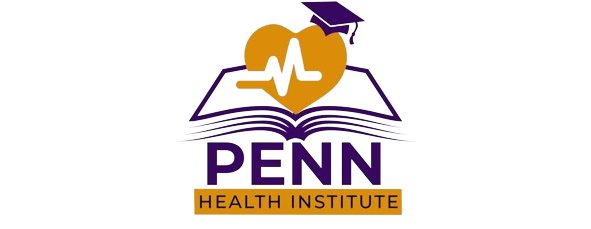My objective for creating this course is to provide those interested in pursuing a career in regulatory medical writing or those new to the field with a clear understanding of what the role entails, both from a broad perspective and in the day-to-day work. This course provides an overview of the development process for investigational therapies and an introduction to the many types of documents that regulatory medical writers develop. You will learn about some of the key software and tools that medical writers use to be successful. You will become familiar with a standard document development process used in industry, and the importance of each step in that process. You will learn how to confidently navigate the document development process, from kick-off to submission, and how to overcome many of the challenges that often arise. You will learn what goes into major submissions and how different documents within a submission relate to one another. We will walk through a guidance document and template so you understand the importance of these tools. Through this course, I will also share my most coveted tips that I have gathered in my 10+ years as a regulatory medical writer. My goal is that, upon completing this course, you feel confident embarking on a career in regulatory medical writing.
Understand the role of a regulatory medical writer
Have developed a medical writing toolkit for success
Be equipped with a proven process for document development, from kick-off to submission
Understand how to provide extraordinary value to your teams
Know what to ask of your clients/teams to ensure successful project execution
Have a basic understanding of the types of documents that regulatory medical writers develop
Better understand the content and development process for 3 key documents: protocols, investigator's brochures, and clinical study reports
1
Welcome
2
Breaking Down the Myths
3
Course Objectives and Content
1
The Who, What, Where, When, and Why of Medical Writing
1
Guidances, Templates, and Style Guides
2
Walk-Through of ICH E6 Guidance
3
The Value of Templates in Medical Writing
4
Walk-Through of the Transcelerate Protocol Template (Contents of a Template)
5
Style Guides: The Medical Writer's Go-To Resource
6
Other Software and Tools for Success
1
Steps for Developing a Regulatory Document - Part 1
2
Steps for Developing a Regulatory Document - Part 2
3
Walk-Through of Example Timeline
1
Writing Effective Regulatory Documents
2
Working Collaboratively to Develop Documents
3
Tips for Moving Documents Through the Development Process
4
Challenges in Medical Writing
5
How Medical Writers Add Value to Their Teams
1
Types of Regulatory Documents and the Common Technical Document (CTD)
2
Regulatory Submissions and Applications
3
Content of the CTD - Part 1
4
Content of the CTD - Part 2
5
Content of the CTD - Part 3
6
Clinical Trial Documents and Other Regulatory Documentation
1
What is a Clinical Trial Protocol?
2
Clinical Trial Design
3
Controls and Bias Elimination
4
Objectives, Endpoints, Population, and Assessments
5
Process for Protocol Development
6
Walk-Through of the Transcelerate Protocol Template (Sections of a Protocol)
7
Protocol Tips and When to Amend
1
What is an Investigator's Brochure (IB)?
2
Content of an IB - Sections 1 through 5
3
Content of an IB - Sections 6 and 7
4
IB Tips and When to Update
1
What is a Clinical Study Report (CSR)?
2
Non-Data vs Data Sections of a CSR
3
Other Components of a CSR: Safety Narratives, CSR Synopsis, and Appendices
4
CSR Tips and Types
1
Daily Life as a Regulatory Medical Writer
2
Staying Up to Date as a Medical Writer and Final Tips for Success
You can view and review the lecture materials indefinitely, like an on-demand channel.
Definitely! If you have an internet connection, courses on Udemy are available on any device at any time. If you don't have an internet connection, some instructors also let their students download course lectures. That's up to the instructor though, so make sure you get on their good side!
Please, login to leave a review





